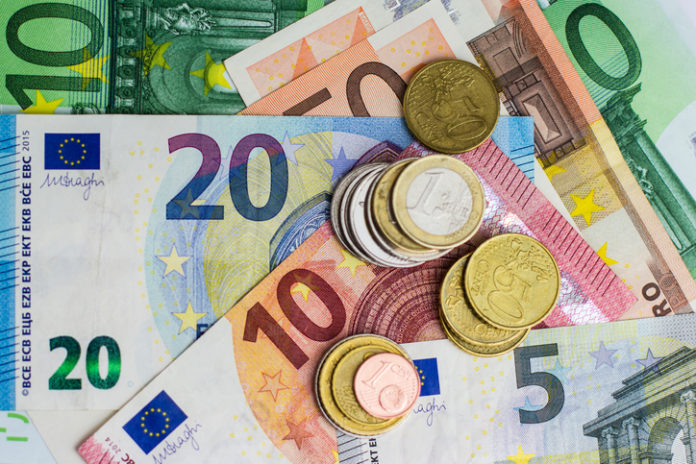If you’ve heard about Brexit recently, you understand this deal has been moved a few times. You also understand that while the deal is set to close at a later date this year, it affects the pound in some way. We don’t want to call this a guide, maybe only a friendly reminder that some things for the pound are going to shift. Whether you’re a Forex trader or just transferring currencies, this reminder is for you.
A Brief History of Brexit
In 2016, the United Kingdom decided to remove itself from the European Union. The European Union is made up of 28 countries making it a single market. As a single market, this enables the possibility for stock and people to progress in so many different ways, and it also has paved the way for the euro.
In so many words, the withdrawal may cause the pound to decrease in comparison to the dollar and other currencies because Brexit manipulates the correlation between the bloc and trade.
The UK is said to leave the Union by October of 2019 and with that being said, there’s a bit of uncertainty about what will happen to the pound after the Brexit, but as always, it’s important to pay careful attention to the ‘what-ifs.’ Every trader, especially within the Foreign Exchange Market, should probably weigh in the possibilities of change for the pound.
Brexit in 2019
There are two of Britain’s political parties in debate about the withdrawal of the European Union. This makes it difficult to create peace in a government crisis. Since the referendum in June 2016, it’s said the British pound in terms of volatility, may be decreasing because of the present nature of the deal.
Even though the status of the pound’s future is uncertain, we can definitely say it has marginally suffered wins and losses against the dollar. Until the deal is done, and May’s resignation is set and stone, this can affect the movement of money from the US to overseas.
We all know the sterling is one of the strongest currencies being traded, not to mention, it began strong early 2018 as one of the best-performing currencies and in return would increase GDP growth for the UK. If the pound is becoming a little more stagnant by the day, then what happens to the GDP growth? It doesn’t necessarily move.
The Impact of Stagnant Sterling on Currency
Uncertainty still reigns supreme within this area, even though the movement of the pound in terms of currency is unpredictable, there are always other things that affect movement, and they don’t necessarily have anything to do with a deal. So lets narrow some of these effects down:
Exchange Rate Movements: If you need to make any currency transfers, be sure to search for the best rates. Anything that moves against you in a negative manner can’t be good. Just make sure you’re ready.
Inflation: Yes, sterling isn’t in a groovy state right now, but once the Brexit deal is done, think about the use of interest rates that will take place, which means the pound would most likely rise.
Currency Transfers: Once again, the movement of the pound is unpredictable, but because of this it’s important to pay close attention to its potential to its liability to change.
Even though there’s a big pool of uncertainty regarding the pound, its always important to consider what could happen. That’s why we created this article, to give you a heads up because nothing beats uncertainty like preparation.










